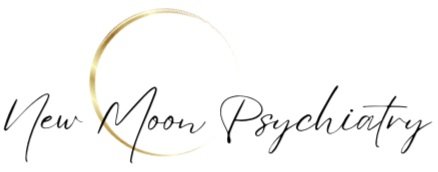Good Faith Estimate.
For those clients not using health insurance, both in network and out-of- network coverage, i.e., superbills.
A good faith estimate isn’t a bill.
The good faith estimate shows the list of expected charges for items or services from your provider or facility. Because the good faith estimate is based on information known at the time your provider or facility creates the estimate, it won’t include any unknown or unexpected costs that may be added during your treatment. Generally, the good faith estimate must include expected charges for:
• The primary item or service
• Any other items or services you’re reasonably expected to get as part of the primary item or service for that period of care. The estimate might not include every item or service you get from another provider or facility, even if some items or services may seem connected to the same service.
This Good Faith Estimate shows the costs of items and services that are reasonably expected for your health care needs for an item or service. The estimate is based on information known at the time the estimate was created. The Good Faith Estimate does not include any unknown or unexpected costs that may arise during treatment. You could be charged more if complications or special circumstances occur. If this happens, and your bill is $400 or more for any provider or facility than your Good Faith Estimate for that provider or facility, federal law allows you to dispute the bill. The Good Faith Estimate is not a contract and does not require the uninsured (or self-pay) individual to obtain the items or services from any of the providers or facilities identified in the Good Faith Estimate.
If you are billed for more than this Good Faith Estimate, you may have the right to dispute the bill. You may contact the health care provider or facility listed to let them know the billed charges are higher than the Good Faith Estimate.
You can ask them to update the bill to match the Good Faith Estimate, ask to negotiate the bill, or ask if there is financial assistance available. You may also start a dispute resolution process with the U.S. Department of Health and Human Services (HHS). If you choose to use the dispute resolution process, you must start the dispute process within 120 calendar days (about 4 months) of the date on the original bill. If you dispute your bill, the provider or facility cannot move the bill for the disputed item or service into collection or threaten to do so, or if the bill has already moved into collection, the provider or facility has to cease collection efforts. The provider or facility must also suspend the accrual of any late fees on unpaid bill amounts until after the dispute resolution process has concluded. The provider or facility cannot take or threaten to take any retributive action against you for disputing your bill.
- per CMS.gov, under the No Surprises Act
